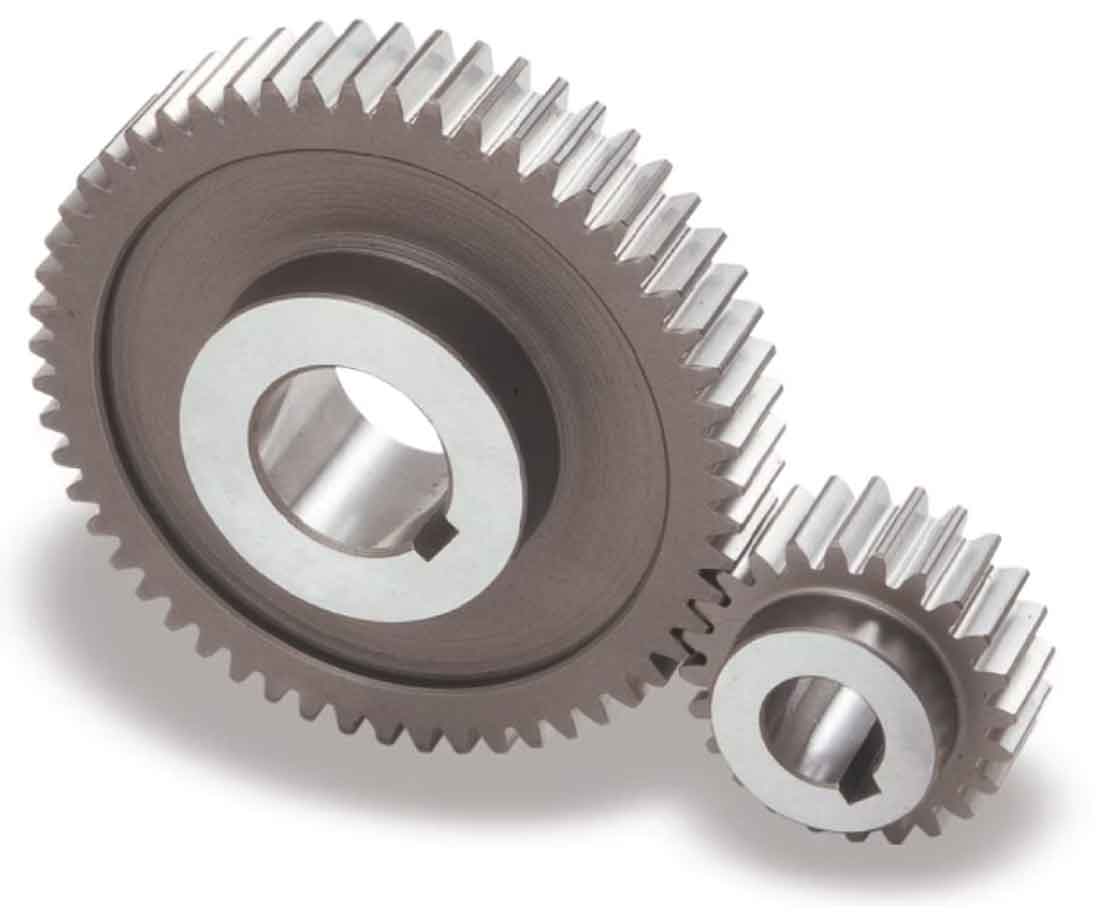The global impact of gear manufacturing on various industries is both profound and expansive. Gears are essential components in a wide range of machinery and equipment, enabling the transmission of power and motion in a controlled and efficient manner. Let’s delve into how gear manufacturing influences various sectors:

1. Automotive Industry
Gears are pivotal in the automotive industry, found in transmissions, engines, and drivetrains. They ensure the smooth operation of vehicles, from cars to trucks and motorcycles. The advancements in gear manufacturing technologies, such as precision machining and the development of more durable materials, have led to more efficient, reliable, and quieter vehicles. The push towards electric vehicles (EVs) also emphasizes the need for high-precision gears that can operate efficiently at high speeds and under different load conditions.
2. Aerospace and Aviation
In the aerospace and aviation industries, gears are critical for the operation of various systems, including propulsion, landing gear, and flight control mechanisms. The demand for lightweight and high-strength gear materials is particularly high in this sector to enhance fuel efficiency and performance while ensuring safety and reliability. The innovation in gear manufacturing processes and materials, such as titanium and carbon fiber-reinforced polymers, plays a crucial role in meeting these requirements.
3. Energy Sector
The energy sector, encompassing both renewable and non-renewable sources, relies heavily on gears for power generation and distribution. In wind turbines, for example, gearbox systems are essential for converting the slow, high-torque rotation of the turbine blades into electricity at a suitable speed for the power grid. Similarly, gears are used in the oil and gas industry for drilling equipment and in the transmission of power in power plants. The efficiency and durability of these gears directly impact the cost-effectiveness and reliability of energy production.
4. Manufacturing and Industrial Automation
Gears are integral to machinery and robots used in manufacturing and industrial automation, enabling precise movements and operations. The development of custom gears and gearboxes has allowed for the design of more efficient and compact machines, capable of performing complex tasks with high precision. This not only increases productivity but also enhances the flexibility and adaptability of manufacturing processes to meet changing market demands.
5. Medical Devices
In the medical device industry, gears play a vital role in equipment such as surgical robots, diagnostic machines, and mobility aids. The requirement for high precision, reliability, and compactness in medical gears is paramount to ensure patient safety and the successful outcome of medical procedures. The ongoing innovation in gear manufacturing technologies, including micro-gearing and the use of biocompatible materials, is essential to advancing medical device performance and capabilities.
Conclusion
The global impact of gear manufacturing on various industries is evident in the critical role gears play in the operation and performance of a wide array of machinery and equipment. The continuous advancements in gear technology, materials, and manufacturing processes are key drivers of innovation and efficiency across multiple sectors, from automotive to medical devices. As industries evolve and new challenges arise, the demand for more sophisticated and reliable gears will undoubtedly continue to grow, further underscoring the significance of gear manufacturing in the global industrial landscape.
